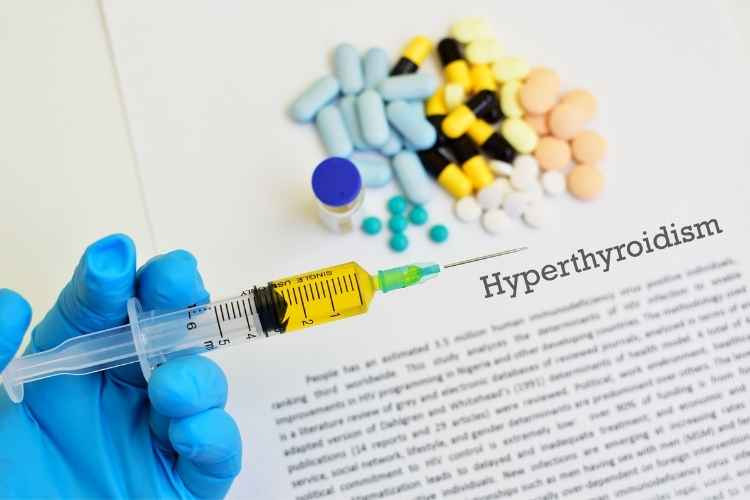An estimated 20 million Americans have some form of thyroid disease. Thyroid disease tends to be fairly common since it’s passed down through families.
If you or a loved one has started developing symptoms, we’re here for you. Whether you’re not sure which disease you might have or even if your symptoms align.
Don’t worry; with this guide, you can find out all you need to know about hypo vs. hyperthyroid. From their common symptoms to their differences, you can learn which medical condition fits your symptoms today.
Now, are you ready to get started? Here’s a quick look at hypo vs. hyperthyroidism:
Hypothyroidism
Hypothyroidism is often defined as an underactive thyroid. This means that your thyroid gland stops producing enough thyroid hormones for your body. As a result, it interferes with your body temperature, heart rate, and even your metabolism.
It occurs when your thyroid stops working or is either removed or damaged due to a pre-existing condition. Other causes include previous radiation and medications such as anti-epilepsy drugs and pacerone.
Most people develop hypothyroidism in their fifties and sixties. However, women are more likely to develop hypothyroidism than men.
Now a few common signs of hypothyroidism include:
- Fatigue
- Weight gain
- Slow heart rate
- Cold sensitivity
- Irritability
- Constipation
- Dry or cracked skin
For treatment, there are several possibilities, but the most effective is certainly medication. There have been many medications put to the test; however, by far, the best is Synthroid.
Since it adds more thyroid hormones to your body, it helps stabilize your body and regulate your hormones. For more information about what is synthroid used for or what ingredients it has, check with your doctor today.
Hyperthyroidism
Hyperthyroidism, on the other hand, occurs when there’s an overproduction of the hormone thyroxine. It can be caused by postpartum thyroiditis, an inflammation of the thyroid, or small masses in the thyroid.
However, the most common cause of hypothyroidism is graves disease. Graves disease attacks the thyroid gland, making it swell and release excessive amounts of the hormone.
A few common signs of hyperthyroidism to look out for include:
- Weight loss
- Weakness in hand and muscles
- Hand tremors
- Sweating
- Irregular or rapid heart rate
- Irritability
- Trouble falling asleep
- Nervousness
Now a few treatments include:
- Medication
- Radioactive iodine
- Surgery
Hypo VS. Hyperthyroidism
These two conditions couldn’t be more different from each other. After all, hypothyroidism occurs when the thyroid stops producing the thyroid hormone. However, hyperthyroidism is caused by an overproduction of the thyroid hormone.
These conditions also have different symptoms. Hypothyroidism often causes weight gain, slow heart rate, and cold sensitivity. Whereas hyperthyroidism causes symptoms like weight loss, rapid heart rate, and sweating.
Which Thyroid Condition Do You Have?
Thyroid diseases are sadly common since they are passed down through family genetics. However, the two types of thyroid conditions are completely different from one another, so it won’t be as confusing as you may have thought to identity which you have.
If you’ve noticed you’ve lost weight, have a slow heart rate, or often feel cold, then likely you have hypothyroidism. Although, if you’ve experienced weight gain, rapid heart rate, and sweatiness that you probably have hyperthyroidism.
For more information about hypo vs. hyperthyroidism, visit our website today. We look forward to helping you!























